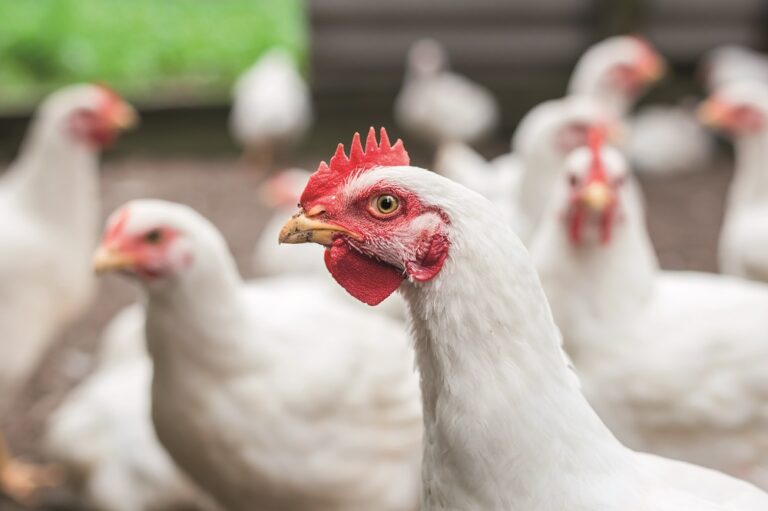A Welsh farmer has been fined for a range of food hygiene offences, and has been banned from producing poultry after he was discovered to be selling chicken falsely described as free range.
Smallholder Martyn David in Picketston, who traded as Pickleston Meats, was visited in February and March 2020, by officers from Shared Regulatory Services who found live poultry intended for slaughter housed in filthy conditions; the food processing room and slaughter room and equipment were dirty and covered in blood; foods were not protected from contamination; animal carcases and waste was not being appropriately stored or disposed of.
Martyn David voluntarily temporarily closed and worked with officers to ensure improvements. However later that same year, in October 2020, standards were found to have lapsed. Although the producer had a documented Food Safety Management System and cleaning schedules, they were not being implemented.
Shared Regulatory Services said between May and November 2020, chicken was purported to be locally sourced from Martyn David’s own farm and slaughtered and processed in his own on farm facility when it was not. In October 2020, David sold chicken falsely described it as free range.
David pleaded guilty to a range of offences under legislation covering both the poor hygiene and labelling aspects of the case. He was fined £3,500, ordered to pay £2,000 costs and a victim surcharge of £190. He was prohibited from producing poultry on a commercial basis for five years.
Councillor Michael Michael, Chair of the Shared Regulatory Services Joint Committee said: “Mr David was capitalising on the demand for locally produced free range food but was not implementing the systems to run a safe food business. It is fundamental that businesses think about what they are doing, how they do it safely and not mislead the public.
“Shared Regulatory Services’ officers work hard to ensure compliance within food businesses across Bridgend, Cardiff and the Vale of Glamorgan. Prosecution is usually the final resort after the offer of advice and guidance. This case demonstrates, despite officers’ best efforts, some businesses fail to adhere to food safety laws and therefore put public health at risk”

Previous Article‘Laid In Britain’ egg assurance scheme receives FSA approval
Next Article Bernard Matthews reports ‘disappointing’ annual loss
Chloe Ryan
Editor of Poultry Business, Chloe has spent the past decade writing about the food industry from farming, through manufacturing, retail and foodservice. When not working, dog walking and reading biographies are her favourite hobbies.

